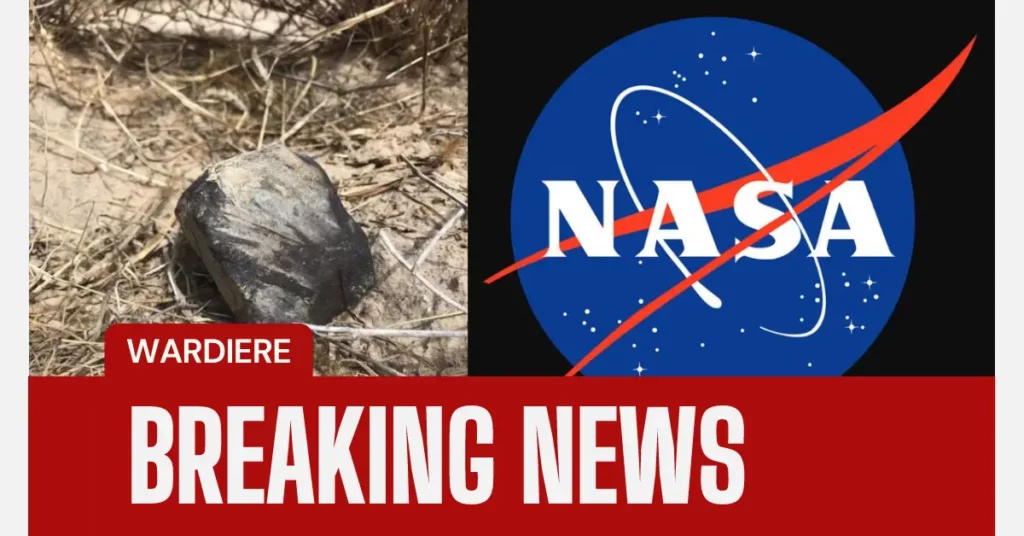According to accounts, a nearly 1,000-pound asteroid measuring two feet broad slammed across South Texas on Wednesday. NASA confirmed the meteor broke apart as it dropped through the sky to its landing place near McAllen, Texas, at around 6 p.m., according to Fox station KDFW in Dallas.
“Although meteorites tend to hit Earth’s atmosphere at high speeds, they slow as they travel through the atmosphere, breaking into small fragments before hitting the ground. Meteorites cool rapidly and generally are not a risk to the public,” NASA said in a statement.
The space agency provided a description of the occurrence along with a map indicating an area where bits of the meteor likely fell.
A home security camera showed birds scattering and the sound of a sonic boom. You can see that video through tweeter post below
NASA confirms half-ton meteor crashed in South Texaspic.twitter.com/ARQl725wyA
— RPK Report (@RPKReport) February 20, 2023
Many persons reported a probable meteor in the sky west of McAllen, according to FoxNews the National Weather Service in Brownsville/Rio Grande Valley. The meteor’s light was also photographed by a Geostationary Lightning Mapper shortly before 5:30 p.m., according to the weather service.
The lightning mapper satellite analyses lightning from space and the National Weather Service claimed in a Facebook post on Wednesday that there was no thunderstorm activity in the vicinity when the meteor struck.
Hidalgo County Sheriff Eddie Guerra stated on Twitter that air traffic controllers in Houston alerted him that two aircraft reported seeing a meteor in the sky near McAllen.
You may also like:
- Rocks From The Sky: Texas City In Panic Over Possible Meteorite Strike
- Texas Shaken To Its Core: Powerful 4.7 Earthquake Rocks West Texas
“The meteor seen in the skies above McAllen is a reminder of the need for NASA and other organizations to increase our understanding and protection of Earth, to combine scientific and engineering expertise to advance human space exploration, to integrate terrestrial and planetary research for furthering our understanding of the solar system, and to promote successful space missions by mitigating risk,” NASA said.
If you liked reading this article then please follow us on Twitter @kerrvileeBN to stay updated about the news

